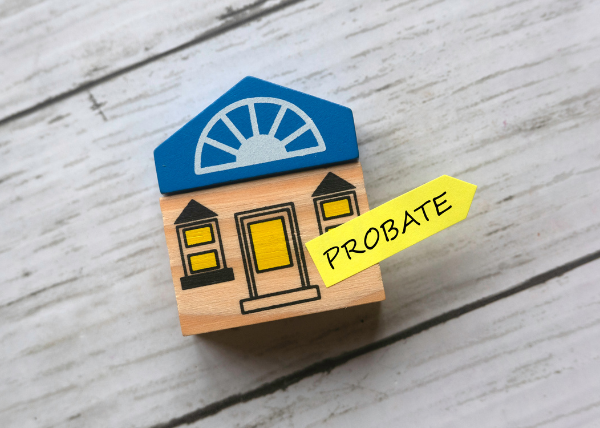Probate is not always as quick as some beneficiaries would like. While some would argue they just need to be patient and be grateful they are receiving anything, some beneficiaries have a lot riding on the completion of the process. For instance, a partner of the deceased who needs confirmation about whether they will be able to continue living in the house they shared.
It is not uncommon for probate to take at least a year. If you are worried about how long probate is taking, there are a few things to consider before concluding that the delay is due to fault on the part of the executor (also called a “personal representative” in some states).
Other beneficiaries
The more beneficiaries there are, the longer things can take. The executor needs to contact all of them, sometimes multiple times. It only takes one to be slow at replying to delay things for everyone. If your sister is working at a field station in Antarctica, you are just going to have to be patient.
Outstanding debts
Most of the decedent’s debts live on until the estate is settled. The executor must identify all creditors, advise them of the existence of the probate, and request that they file a claim for repayment. The executor needs to evaluate each claim and pay valid claims. They also may have a basis to negotiate a creditor’s claim to retain as much money in the estate as possible for you and the other beneficiaries. Settling debts of the decedent can take time.
Complex assets and taxes
If your loved one left a large estate, they probably used complex estate planning tools to look after it. The executor may need to file federal gift tax returns for prior years, or state and federal estate tax returns. Those returns often require hiring a qualified appraiser to value assets such as an operating business or real property. The executor may need to provide a lot of complex information to a CPA or enrolled agent who prepares income tax returns for the probate. Many accounting firms who prepare and file estate income tax returns are backed up resulting in delays.
Maybe the delay is due to incompetence or bad acts
Some probate delays are due to a bad acting executor. A bad executor might omit sending a notice to a required heir at law, such as a sibling they dislike. The executor may not properly notify or identify creditors, or even mishandle tax reporting or assets in the probate. When they do, they also may report they need more time to avoid being caught. The court, being unaware of bad acts that delay the probate, may grant that extra time. If you suspect the delays arise out of executor incompetence or worse, rather than valid reasons, don’t wait too long to get legal help to determine what you can do to speed up the probate process or object to the bad acts of the executor.

